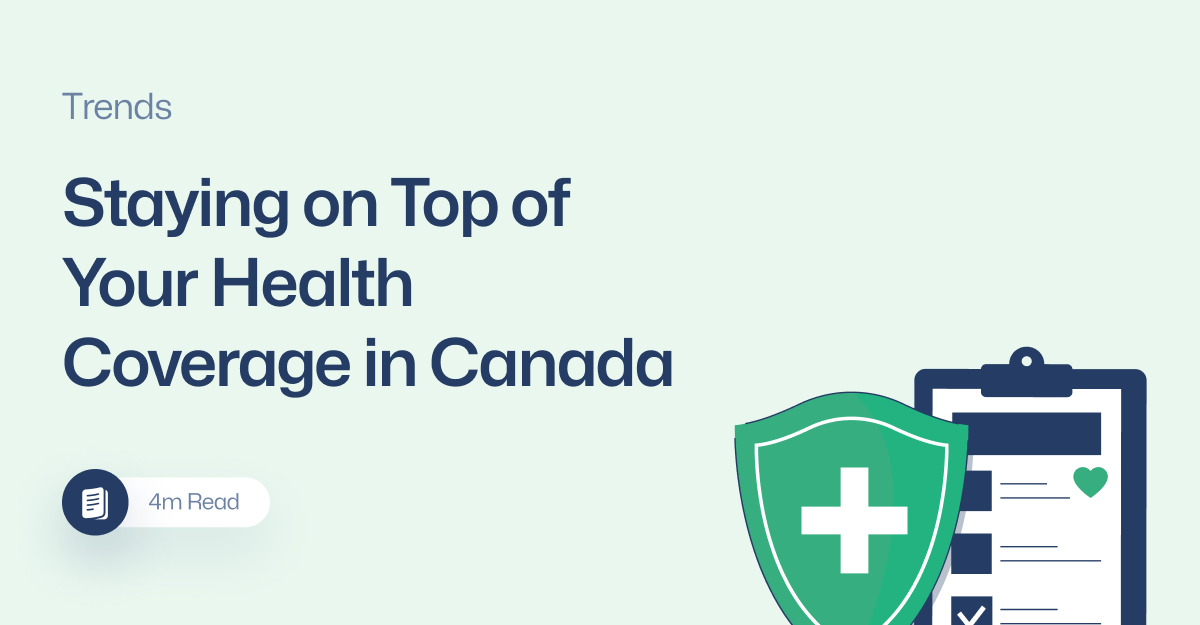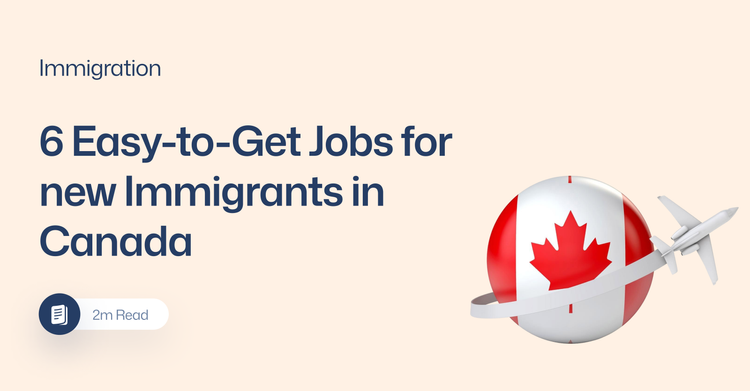How to Stay Ahead of Your Health Coverage in Canada

Health is truly wealth, especially for immigrants far from home. For Nigerians living in Canada, ensuring that you have the right health coverage is not just important—it's essential. With Canada's publicly funded healthcare system, you can access care when you need it most, but knowing how to navigate the process can make all the difference. In this guide, you’ll learn how to apply for health insurance, what to do while waiting for your health card, what’s covered under your health insurance, and tips on how to stay ahead of your health coverage to avoid stories that touch.
Applying for Health Coverage in Canada
When you arrive in Canada, one of the first things you'll need to do is apply for health coverage under the Medicare program, Canada's public healthcare system. Each province and territory in Canada has its own healthcare system, so the process may vary slightly depending on where you live. You’ll generally need to provide proof of identity, residency, and your Canadian immigration status. Click on your province and find the specific information: Alberta, British Columbia, Manitoba, New Brunswick, Newfoundland and Labrador, Northwest Territories, Nova Scotia, Nunavut, Ontario, Prince Edward Island, Quebec (in French only), Saskatchewan, and Yukon.
Getting Your Health Insurance Card: What to Expect
Once you’ve applied for health coverage, the next step is to receive your health insurance card. The waiting period can range from a few weeks to a couple of months depending on your province. If you're moving from another province, you may need to wait a few months before being eligible for coverage under your new province’s plan. While you wait for your healthcare, you may have to get private health insurance to access healthcare needs that may arise.
Managing Your Health Coverage: Key Things to Keep in Mind
With your health card in hand, you're now eligible for a wide range of healthcare services. However, some services, like dental care and certain prescription medications, may not be covered under Medicare. Here are a few things that you should keep in mind
Update Your Information Regularly
Notify your provincial health authority about any changes in your address, family size, or immigration status. Keeping your records up to date ensures that you’re receiving the correct benefits.
Supplement Your Coverage with Private Insurance
Life events like pregnancy, new medical conditions, or needing regular prescriptions may require extra coverage. Consider adding private health insurance to cover dental care, vision, physiotherapy, and even mental health services.
Stay Informed About Policy Changes
Healthcare policies in Canada can change frequently. Stay updated on new rules, services, and eligibility changes by subscribing to your provincial health authority’s newsletter or following trusted news sources.
Leverage Community Resources
Join local Nigerian community groups in Canada. They often share helpful information on health coverage and offer workshops or events that can help you stay on top of changes in healthcare.
Monitor Health Card Expiry Dates
Provincial health cards must be renewed periodically. Set reminders for renewal deadlines and ensure all required documents are ready to avoid delays.
Use Preventive Services
Schedule regular check-ups and screenings. Many provinces provide free or subsidized preventive services like mammograms, diabetes screenings, and vaccinations.
Prepare for Emergencies
Know the nearest hospitals and urgent care centers. Ensure you’re familiar with emergency numbers and protocols in your province. You would also do well to have some savings just in case. Zole Pots is a perfect app that can help you with this.
Button: Click here to save on Zole Pots for health and other emergencies
Financial Considerations for Health Coverage
When navigating health coverage options, understanding the financial implications is crucial. It’s important to assess how these factors impact your overall budget and long-term financial health. Here are some ways that you can still save more money.
Assess PharmaCare Programs: Programs like Ontario’s Trillium Drug Program and British Columbia’s Fair PharmaCare help reduce medication costs for families and individuals. Review your eligibility annually.
Maximize Workplace Benefits: Many employers offer extended health benefits. Familiarize yourself with your coverage, including wellness programs, mental health support, and family benefits.
Explore Tax Credits: Keep track of medical expenses, as many are eligible for tax deductions. Review the Canada Revenue Agency’s guidelines for claiming medical expenses.
Conclusion: Stay Proactive About Your Health Coverage in Canada
Navigating health coverage in Canada can seem overwhelming, but with the right information, you can make the process easier and ensure you’re getting the best care possible. By staying informed about your coverage options, updating your records, and leveraging available resources, you’ll be in a great position to maintain your health and financial well-being in 2025 and beyond.




Comments ()